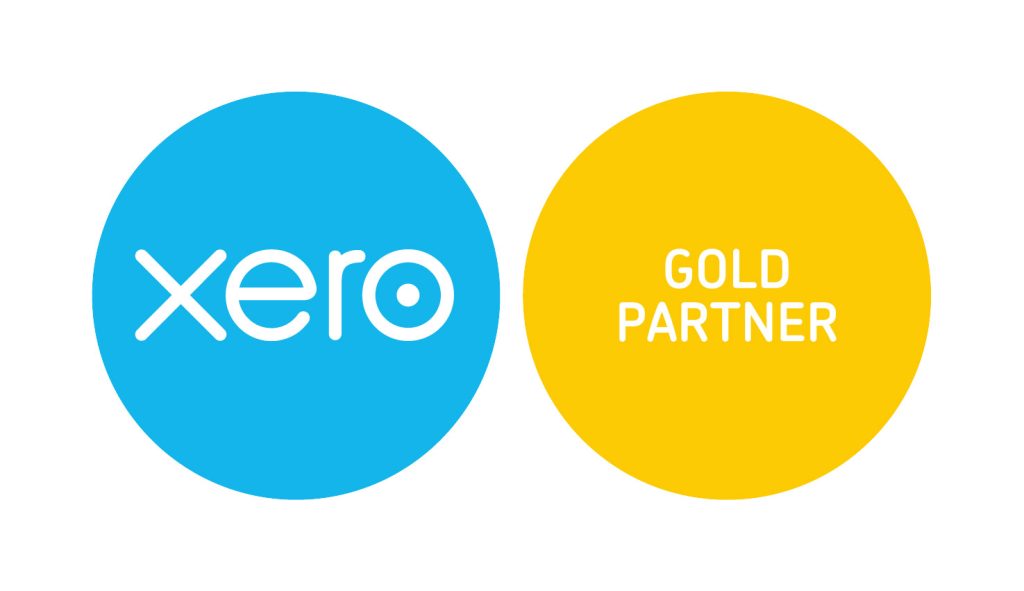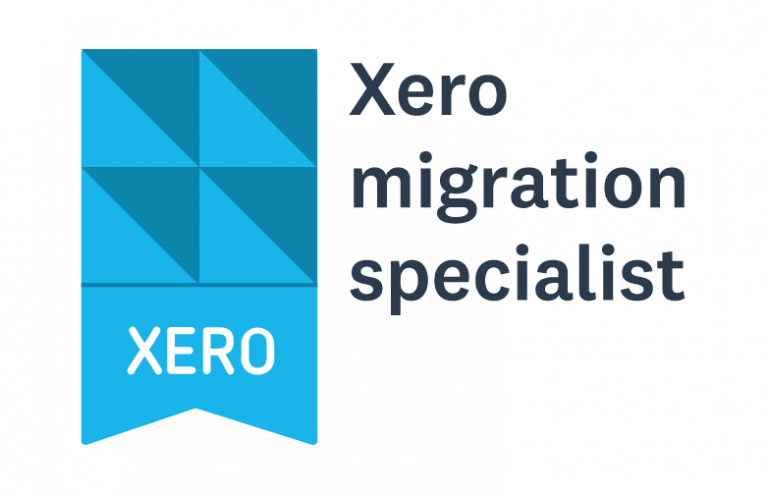VAT and property income can be a minefield. At Spotlight Accounting, we work with landlords with both residential and commercial property investments and can help them navigate the complexity of whether they need to be registered for VAT and if it is, in fact, more tax efficient to do so.
Non-residential properties with an option to tax on and serviced accommodation are subject to VAT. Commercial landlords can tax on if charging VAT on property is considered more tax efficient. Serviced accommodation is also required to register when income exceeds the £85,000 VAT registration threshold.
Have you got commercial property or residential property?
In general commercial property and residential property are treated differently for VAT purposes. The property determines the VAT status, not the different entities. Therefore the same VAT rules apply to a sole trader, partnership, limited company and pension scheme.
How does VAT apply to commercial properties?
A commercial property is a non-residential property that is not designed to be a dwelling or a number of dwellings.
Only commercial properties with an option to tax can charge VAT on rental income. An option to tax can apply to certain areas of a commercial property or the investment as a whole. Once in place, an option to tax lasts 20 years. The option to tax land remains with the property, which will also pass to a new owner if the building is sold.
As a rule of thumb, if tenants of a commercial property are registered for VAT, then it is worthwhile putting an option to tax in place. This is so that input VAT can be recovered on costs and services such as repairs, maintenance and utilities.
Properties with an option to tax must charge VAT on all rental income and can claim VAT on expenses in relation to that property. If there are other properties in the entity that are not subject to standard rate VAT, then you may not be able to recover VAT paid on all supplies, as partial exemption applies.
When buying or selling a commercial building, whether it is a taxable supply depends on whether there is an option to tax. If there is an option to tax in place, then VAT will be charged on the sale.
New commercial property that is under three years old are classified as standard-rated supplies, so VAT will be charged on the sale whether an option to tax is in place or not.
How does VAT apply to residential properties?
Rental income from residential property, in general, is an exempt supply. This is because there is no VAT on rent, and VAT can not be claimed on costs incurred. Therefore most residential landlords do not have to register for VAT.
The principal exemption to this is serviced accommodation, i.e. holiday lettings. If the income across all properties exceeds the VAT threshold, you must register for VAT.
Once VAT registered, standard rate VAT must be charged on all sales, and you can claim input VAT on all costs in relation to the let, such as management fees, utilities etc.
There are also schemes such as the Flat Rate Scheme and Tour Operators Margin Scheme that can reduce the amount of VAT paid to HM Revenue and Customs.
There may be restrictions on the input VAT that you can claim if there is a mix of standard-rated and exempt income.
Residential property developers selling a new building are making taxable supplies, but the sale of the buildings is zero-rated. This enables them to reclaim input VAT incurred on the cost of the development.
There are complexities when converting a non-residential building into a residential building, for example, converting an office block into flats. If the conversion is being sold, the sales are at the zero rate, but if the intention is to develop and retain rent out the units, then the reduced rate of VAT applies.
When should you become a VAT-registered business?
Serviced accommodation businesses with rental income over £85,000 must register for VAT, as their standard-rated supplies exceed the registration threshold.
Landlords with properties on an AST have exempt supplies, so they are outside the scope of VAT and have no requirements or benefit to register for VAT due to being VAT exempt.
Whether a property owner with commercial properties should be registered for VAT depends on certain circumstances, and should seek professional advice as to if it is tax beneficial to be VAT registered. Even if there is an option to tax on the building, removing the option to tax may be more beneficial.
Get property accounting advice from Spotlight Accounting
At Spotlight Accounting, we have been looking after landlords for over 16 years and can provide expert advice to landlords on whether they should register for VAT purposes. Part of our tax planning service looks at your current portfolio.
If you are unsure about the VAT status of your portfolio, please get in touch.
In Summary
The property owner is held responsible for the VAT returns of the business, so it is fundamental that you get it right.
As property can be zero-rated, standard-rated supplies and VAT exempt, it is important that you get the right advice.
FAQs
How long does VAT registration take for property?
For serviced accommodation, VAT registration is required within 30 days of exceeding the threshold. Registration, in most cases, can take 10 to 14 days, although some applications can take longer.
An option to tax can take effect immediately, and a form (VAT1641a) needs to be lodged with HMRC within 30 days of the election.
Can my accountant register VAT for my property company?
Your accountant can register for VAT on your behalf and help with the paperwork to put an option to tax in place.
Do I have to charge VAT on rent?
As covered above, you only have to pay VAT on rent of furnished holiday lettings that exceed the VAT threshold and where there is an option to tax on non-residential properties.
Want more landlord tips, check out these blogs:















